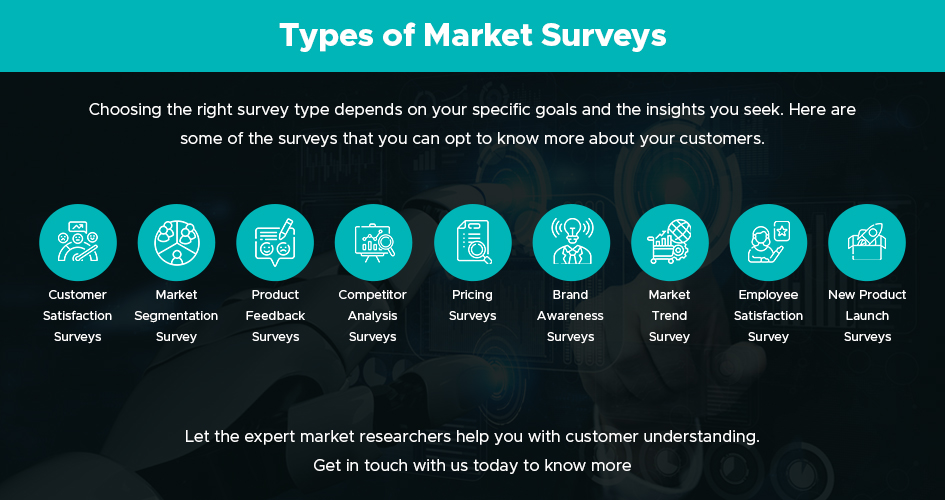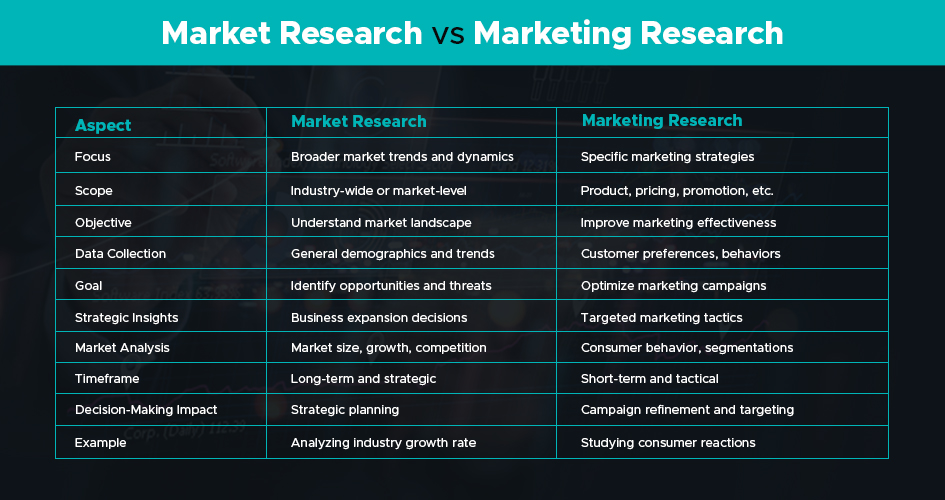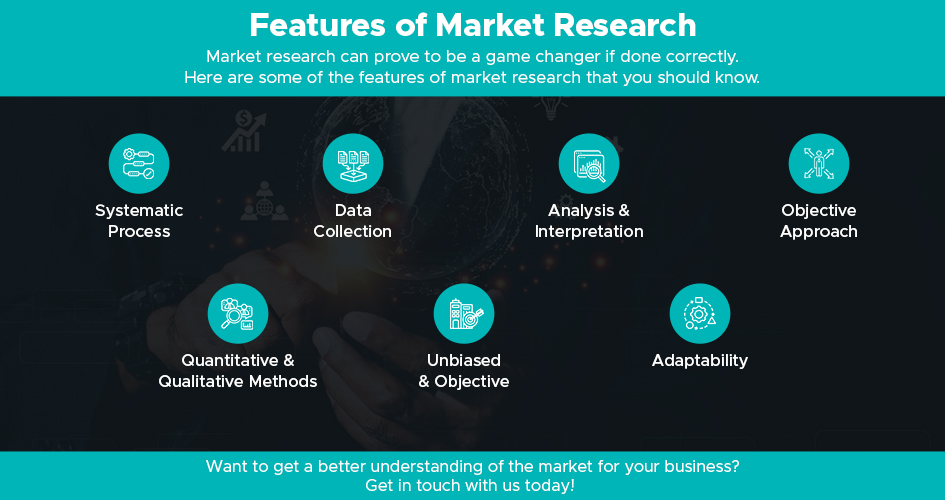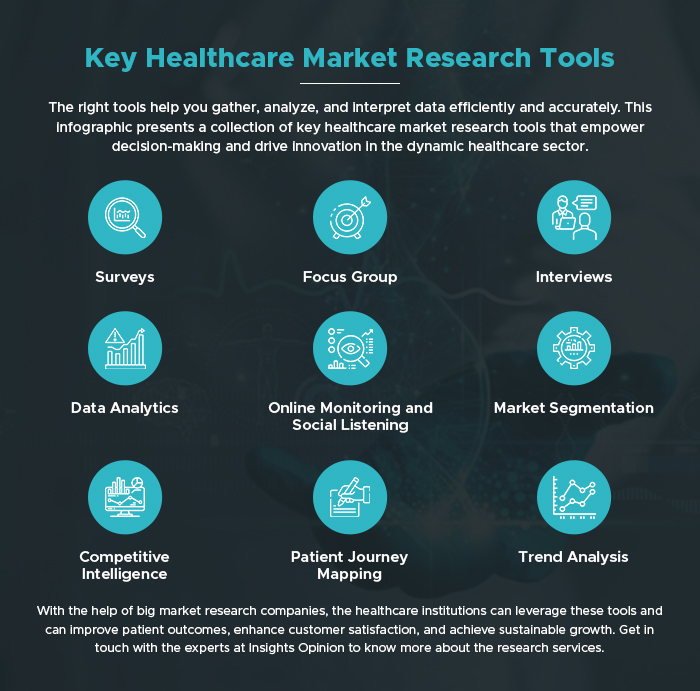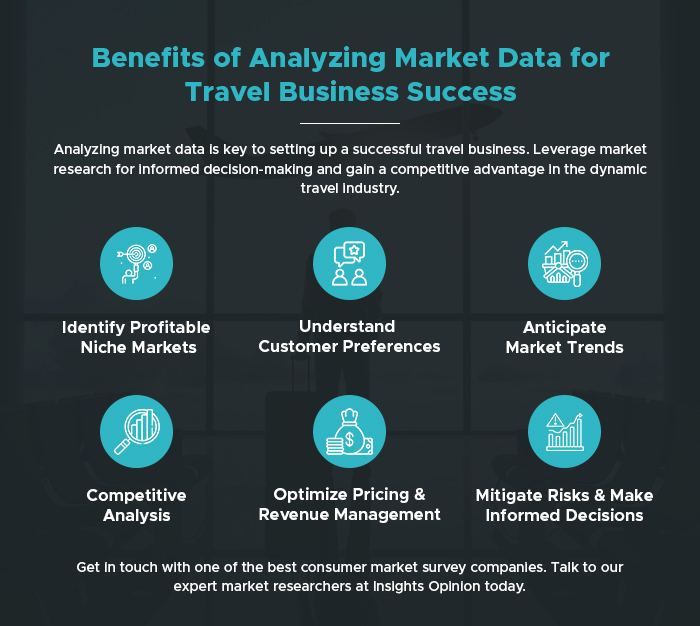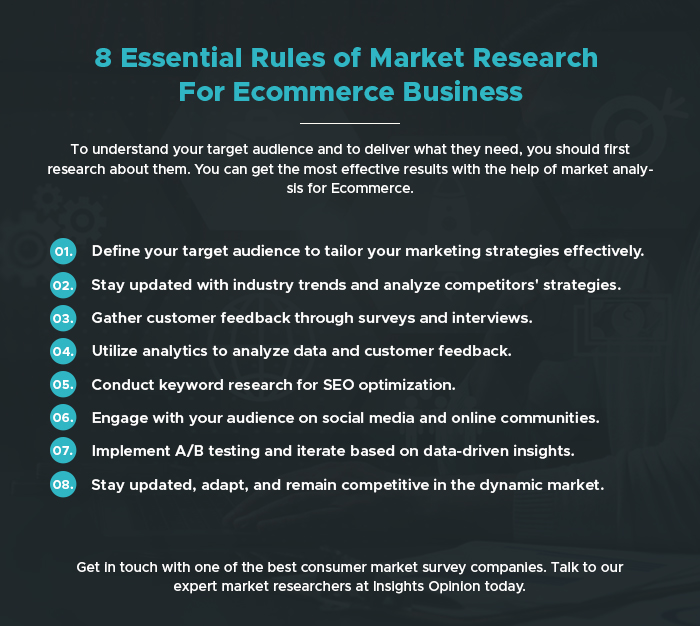Marketing research plays a crucial role in helping businesses make informed decisions and improve their marketing strategies. By gathering and analyzing data, market researchers can gain valuable insights into consumer behavior, market trends, and the effectiveness of marketing campaigns.
In today’s fast-paced digital world, data analytics has become an indispensable tool for conducting marketing research. With the advent of advanced technologies and the availability of vast amounts of data, marketers can now harness the power of data analytics to gain a competitive edge in the market.
The Importance of Data Analytics in Marketing Research
Data analytics is the process of examining large sets of data to uncover patterns, correlations, and trends. In the context of marketing research, data analytics allows marketers to make sense of the vast amount of data available to them and extract meaningful insights. Traditional methods of market research, such as surveys and focus groups, can only provide limited insights. Data analytics, on the other hand, can analyze large datasets from various sources, including social media, online platforms, and customer databases, to provide a comprehensive understanding of consumer behavior.
By leveraging data analytics, marketers can gain a deeper understanding of their target audience. They can identify key demographics, preferences, and purchase patterns, enabling them to tailor their marketing strategies to better meet the needs and desires of their customers. For example, a clothing brand can use data analytics to identify which products are most popular among specific age groups, allowing them to create targeted marketing campaigns and stock their inventory accordingly. This level of insight is invaluable in today’s highly competitive market, where personalized marketing is key to success.
Key Components of Data Analytics in Marketing Research
Data analytics in marketing research consists of several key components that work together to provide valuable insights. These components include data collection, data cleaning and preparation, data analysis, and data visualization.
The first step in data analytics is data collection. This involves gathering data from various sources, such as customer surveys, online platforms, and market research firms. The collected data can be both structured (e.g., quantitative data from surveys) and unstructured (e.g., qualitative data from social media comments). It is essential to ensure the data collected is relevant to the research objectives and of high quality.
Once the data is collected, it needs to be cleaned and prepared for analysis. Data cleaning involves removing any errors or inconsistencies in the dataset, ensuring that the data is accurate and reliable. Data preparation involves transforming the data into a format suitable for analysis. This may include aggregating data, creating variables, and organizing the data into a structured format.
Data analysis is the core component of data analytics. It involves applying statistical techniques and algorithms to the data to uncover patterns, relationships, and insights. This can range from basic descriptive analysis, such as calculating averages and percentages, to more advanced techniques like regression analysis and machine learning algorithms. The goal of data analysis is to extract meaningful insights that can inform marketing strategies and decision-making.
Finally, data visualization is crucial for effectively communicating the findings of data analysis. Visualizations such as charts, graphs, and infographics can make complex data easier to understand and interpret. They can help marketers identify trends, patterns, and outliers quickly. Data visualization also allows marketers to present their findings to stakeholders in a visually appealing and engaging manner.
6 Top Benefits of Using Data Analytics in Marketing Research
- Improved Decision-Making
Data analytics provides marketers with accurate and reliable insights, enabling them to make informed decisions. By analyzing data, marketers can identify trends, predict consumer behavior, and evaluate the effectiveness of marketing campaigns. This helps in allocating resources more effectively and maximizing return on investment.
- Enhanced Targeting
Data analytics allows marketers to segment their audience based on various factors such as demographics, behavior, and preferences. This enables them to create personalized marketing campaigns that resonate with their target audience, resulting in higher conversion rates and customer satisfaction.
- Optimized Marketing Strategies
By analyzing data, marketers can gain insights into the effectiveness of their marketing strategies. They can identify which channels, messages, and tactics are most successful in reaching their target audience. This allows them to optimize their marketing efforts, allocate resources more effectively, and achieve better results.
- Improved Customer Experience
Data analytics enables marketers to understand their customers’ needs, preferences, and pain points. By analyzing customer data, marketers can identify opportunities to enhance the customer experience, such as improving product features, optimizing pricing, or providing personalized recommendations. This leads to increased customer satisfaction and loyalty.
- Competitive Advantage
In today’s competitive market, data analytics provides a significant competitive advantage. By leveraging data insights, marketers can stay ahead of competitors, identify emerging trends, and adapt their strategies accordingly. This allows them to make proactive decisions and respond quickly to changes in the market.
- Measurable Results
Data analytics provides marketers with measurable results, allowing them to track the success of their marketing efforts. By setting key performance indicators (KPIs) and analyzing data, marketers can monitor the impact of their campaigns, identify areas for improvement, and make data-driven adjustments to achieve better results.

Relationship between data analytics and modern marketing research
Dynamic relationship between data analytics and modern marketing research has fundamentally altered the way companies make strategic decisions, shape campaigns, and enhance customer experiences.
Data analytics leverages vast datasets to uncover valuable insights, empowering marketers to make informed decisions. By analyzing consumer behavior, demographic information, and purchase patterns, businesses can create highly targeted and personalized marketing strategies. This level of precision not only maximizes the return on investment but also enhances the overall customer experience.
Moreover, data analytics allows marketers to assess the real-time performance of their campaigns, measure key performance indicators, and make adjustments on the fly. This agility is crucial in an age where trends and consumer preferences change rapidly. Marketers can now adapt their strategies in near real-time to ensure they stay relevant and effective.
The relationship between data analytics and modern marketing research extends beyond just strategy formulation. It also plays a pivotal role in understanding customer sentiment and feedback, which is crucial for reputation management and long-term brand success. By mining data from social media, surveys, and customer reviews, companies can gain deeper insights into customer satisfaction and areas that require improvement.
Conclusion: The Future of Data Analytics in Marketing Research
Data analytics has revolutionized the field of marketing research, enabling marketers to gain unprecedented insights into consumer behavior and market trends. As technology continues to advance, the role of data analytics in marketing research will become even more critical. The ability to harness the power of big data and analyze it effectively will be essential for businesses to stay competitive in the market.
By leveraging data analytics, the experts at Insights Opinion can make data-driven decisions for your marketing strategies, and enhance your customer experience. The benefits of using data analytics in marketing research are undeniable, from improved decision-making to a competitive advantage.
To stay ahead in the market, businesses must embrace data analytics in their marketing research efforts. By partnering with the right market research company as ours, you can leverage the power of data analytics, businesses can unlock valuable insights that will drive their success in the ever-evolving marketplace.

